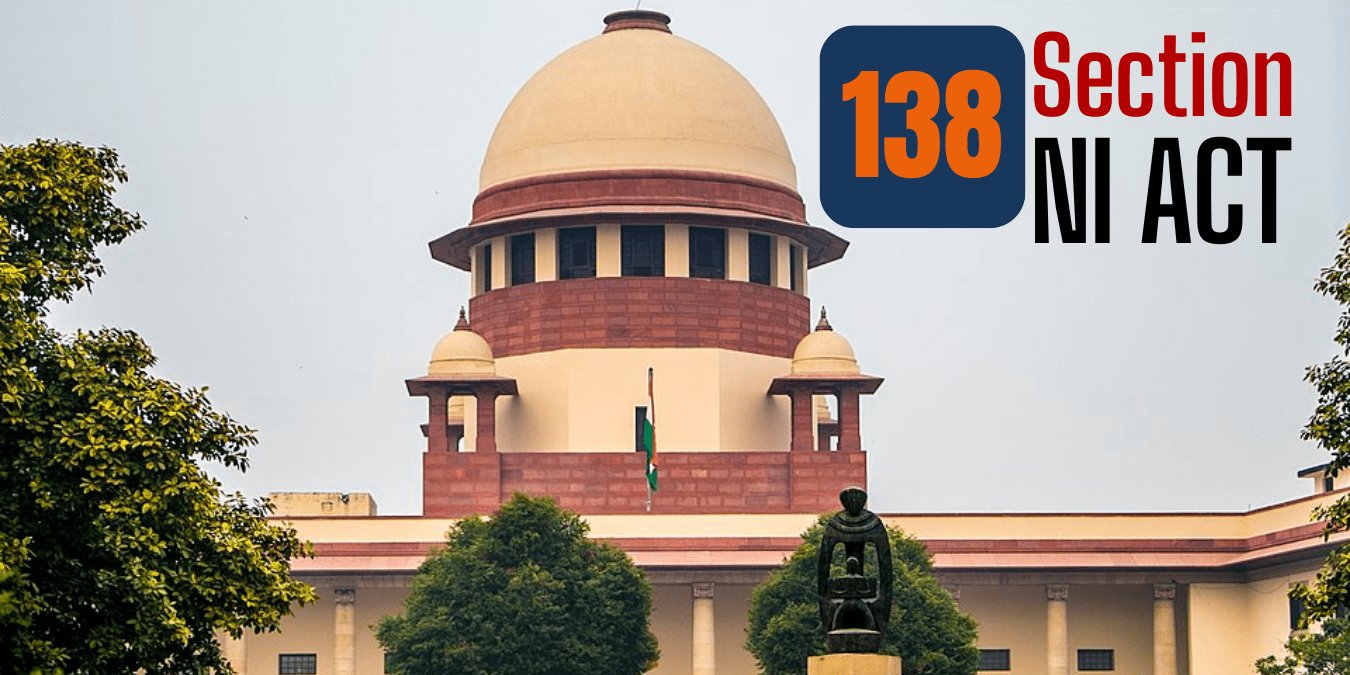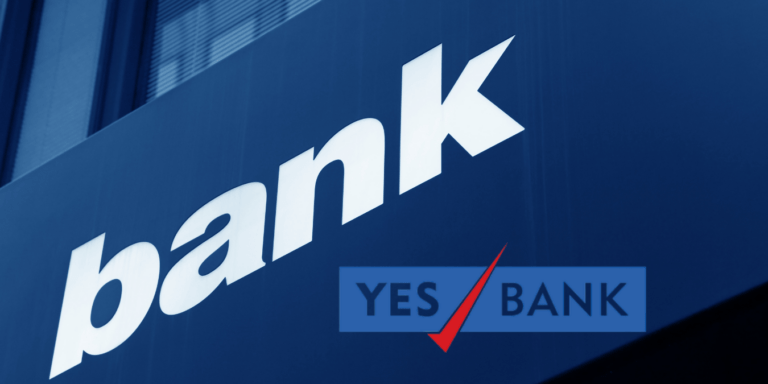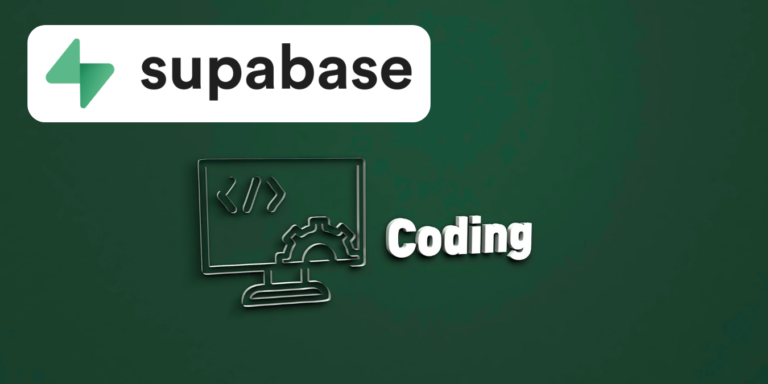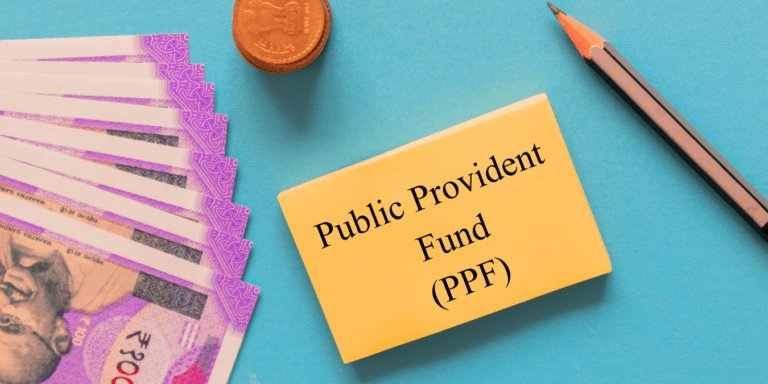
How India’s Courts Now Freeze Assets in Cheque Bounce Cases — The New 2025 Update
The shocking 90-day cheque bounce law that’s rewriting India’s business rules in 2025. Uncover hidden RBI secrets, fast penalties, and a game-changing crackdown shaking cash flows across industries. Are you ready to unlock the smart strategies top businesses use to survive this fast, fierce financial revolution?”
The Shocking New Financial Alert Changing Indian Businesses Forever
In 2025, India witnessed a stunning leap in banking regulation—a game-changing cheque bounce law overhaul promising to resolve delayed payments in a rapid 90-day window. For millions of businesses depending on cheque payments, this is more than a legal update; it’s a secret weapon to protect cash flow and restore trust in transactions. But behind this smart reform lies a hidden world of stricter penalties, digital surveillance, and fast-moving RBI mechanisms—signaling a future where cheque discipline is non-negotiable for Indian enterprises. What does this mean for your business in the fast-changing financial market of 2025? Let’s decode the biggest cheque bounce law shock yet, unpacking real-world impacts, RBI trends, and smart strategies to stay ahead.
The 2025 Cheque Bounce Law Revolution: Key Highlights Every Business Must Know
This shocking new law rewrites the rules of cheque bounce cases with seven powerful new RBI-backed changes producing a quick, highly efficient enforcement system.
- Mandatory 90-day legal timeline: Courts must close cheque bounce cases within 90 days, replacing years-long delays. Faster justice means quicker recovery or resolution.
- Digital-first enforcement: E-filing, SMS/email legal notices, and online complaint tracking offer unprecedented transparency and speed.
- Instant alerts: Banks send real-time SMS/email alerts to drawer and payee upon cheque dishonour—smart technology that exposes default immediately.
- Freeze on repeat offenders: Accounts with 3 bounced cheques face temporary freezing, protecting recipients from habitual defaulters.
- Harsher penalties: Jail terms up to 2 years and fines doubling the cheque amount hit repeat offenders hard.
- RBI’s central bounced cheque database links to CIBIL scores, impacting loan eligibility—a hidden financial game-changer.
- Protection against tech glitches: Genuine banking errors no longer penalize drawer—introducing fairness amid faster enforcement.
Together, these changes enforce discipline and reduce financial risk, keeping businesses safer and creditors empowered.
Why the 90-Day Rule Is a Shocking Upgrade in Indian Banking Justice
Previously, cheque bounce cases dragged on for 12 to 18 months or even years, causing immense financial stress and uncertainty. The new 90-day disposal rule is a top priority of Indian courts and the RBI to reduce legal backlog and fast-track justice for businesses.
- Courts can no longer afford delays; verdicts or settlements happen within 3 months.
- Payees get rapid interim relief including asset freezing or mandated repayments.
- Streamlined digital procedures cut red tape and accelerate hearings.
As a result, Indian businesses enjoy faster cash recovery and reduced credit risks—smart moves crucial for thriving in the swiftly evolving 2025 market landscape.
The RBI’s Fast and Furious Cheque Clearing Process: What Business Owners Must Fast-Track
Starting October 2025, the RBI introduced the Continuous Clearing and Settlement system turning cheque clearance from a 2-day wait into an hours-long event.
- Cheques deposited before 4 pm get scanned and processed the same day.
- By 7 pm, drawee banks confirm cheque status with hourly settlements.
- This rapid clearance reduces bounced cheque occurrences, enabling businesses to better manage cash flow.
- The fast cheque clearance ties tightly with the 90-day legal resolution, creating a robust ecosystem of speed and accountability.
How the New Law Impacts Indian Businesses Financially and Legally
Cheque bounce penalties now carry far greater financial and reputational consequences, influencing Indian business operations at multiple levels:
- Immediate cash flow disruption risks reduced as repayments must happen fast.
- Repeat defaulters face frozen accounts, tarnishing creditworthiness.
- Increased jail terms up to 2 years and higher fines deter risks.
- A centralized cheque bounce record affects CIBIL scores, influencing future loans or credit lines—making cheque discipline a must-have business virtue.
- Businesses must adopt strict internal cheque management and integration with digital banking tools for compliance and early issue detection.
Smart Strategies To Protect Your Business From the New Cheque Bounce Shocks
Indian companies need to act fast and smart with these key measures:
- Adopt digital cheque monitoring and real-time alert integration.
- Leverage RBI’s e-filing and online legal notice features for quick action.
- Regularly review cheque dishonour risk patterns in transactions.
- Educate staff on the legal timelines and consequences to avoid procedural errors.
- Strengthen contracts with clear payment terms tightening cheque bounce clauses.
- Work closely with legal advisors specialized in Section 138 NI Act reforms for proactive defense and recovery.
Implementing these steps will future-proof businesses from financial shocks and harness the law as a protective asset.
Real-World Examples: How Indian Businesses Are Navigating the 90-Day Cheque Bounce Law
- A Bengaluru manufacturing unit recovered ₹50 lakhs lost in bounced cheques within 70 days through e-filing and court-mandated asset freezing—speed never seen before.
- A Delhi startup avoided jail penalties after addressing a bounced cheque notice within 15 days, thanks to expert legal support aware of the new norms.
- A Mumbai retailer integrated RBI’s instant alert system, receiving bounced cheque warnings in real-time—saving ₹10 lakhs from delayed detection.
These stories show how fast action, digital savvy, and legal awareness are winning the cheque bounce fight in 2025.
What Every Indian Business Must Do Now
The shocking new 90-day cheque bounce law is not just a legal update—it’s a bold RBI-backed revolution making cheque payments safer, faster, and fairer in India’s evolving financial market. Businesses ignoring these rules risk penalties, cash flow disruption, and credit damage. Success in 2025 demands smart adoption of digital tools, proactive cheque management, and legal agility.
Key Takeaways for Indian Businesses in 2025
- Cheque bounce cases must be disposed of within 90 days—no more long delays.
- Digital filing and online legal notices improve transparency and speed.
- RBI’s new cheque clearing system settles payments within hours from October 2025.
- Repeat cheque bounce offenders face account freezing, higher fines, and jail.
- Bounced cheque records hit CIBIL scores, impacting future loans.
- Penalties doubled: Jail up to 2 years, fine up to twice the cheque amount.
- Businesses must implement real-time alert systems and legal awareness to safeguard cash flows.
Final Thought: What’s the Next Big Indian Financial Move?
India’s cheque bounce reform is only the beginning. The RBI is quietly working on a futuristic plan integrating blockchain technology for cheque verification and instant dispute resolution, promising a secret, near-zero-failure payment ecosystem soon. Will Indian businesses be ready for this hidden revolution? Stay tuned; the future of Indian banking is about to get faster, smarter, and shockingly transparent like never before.
































